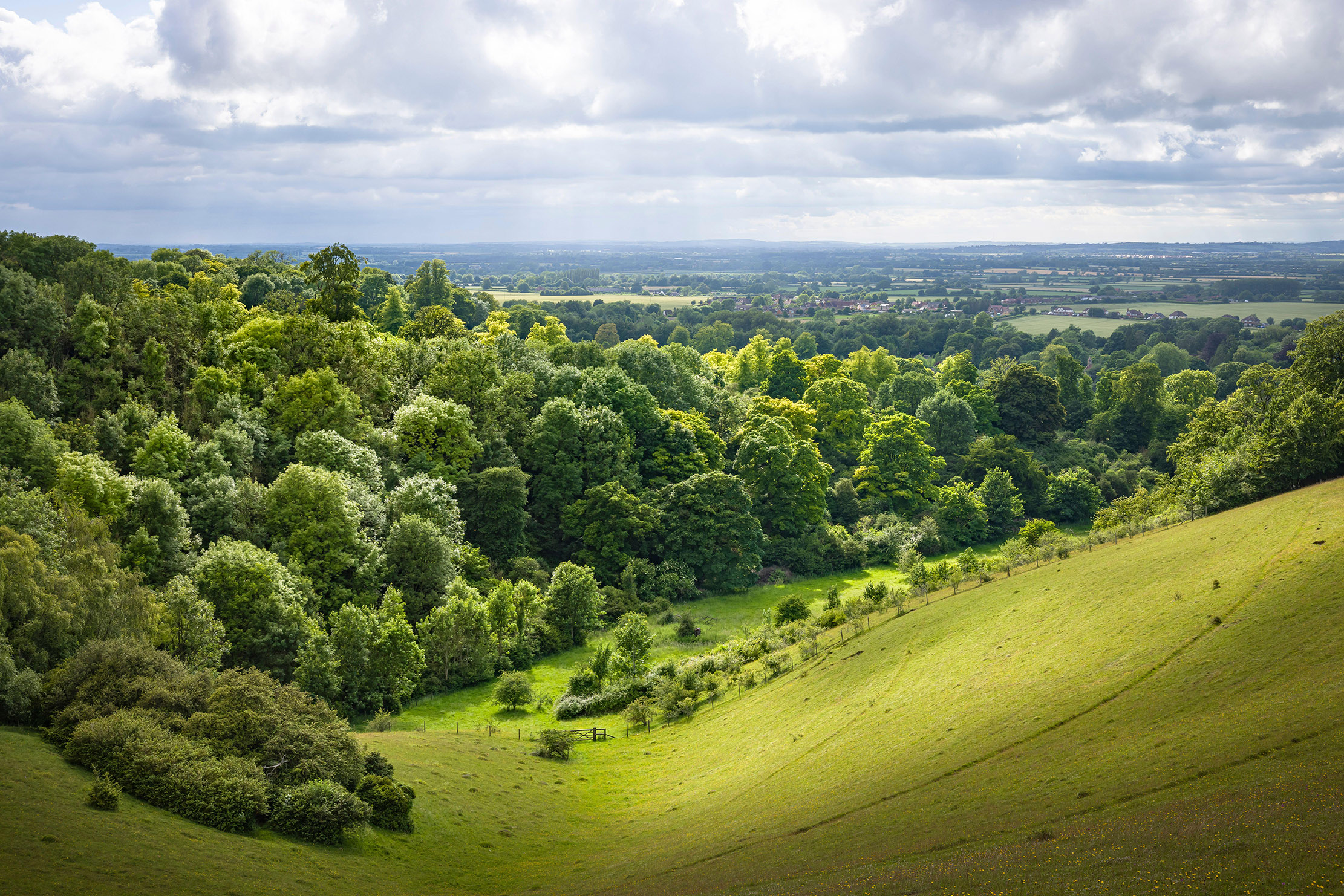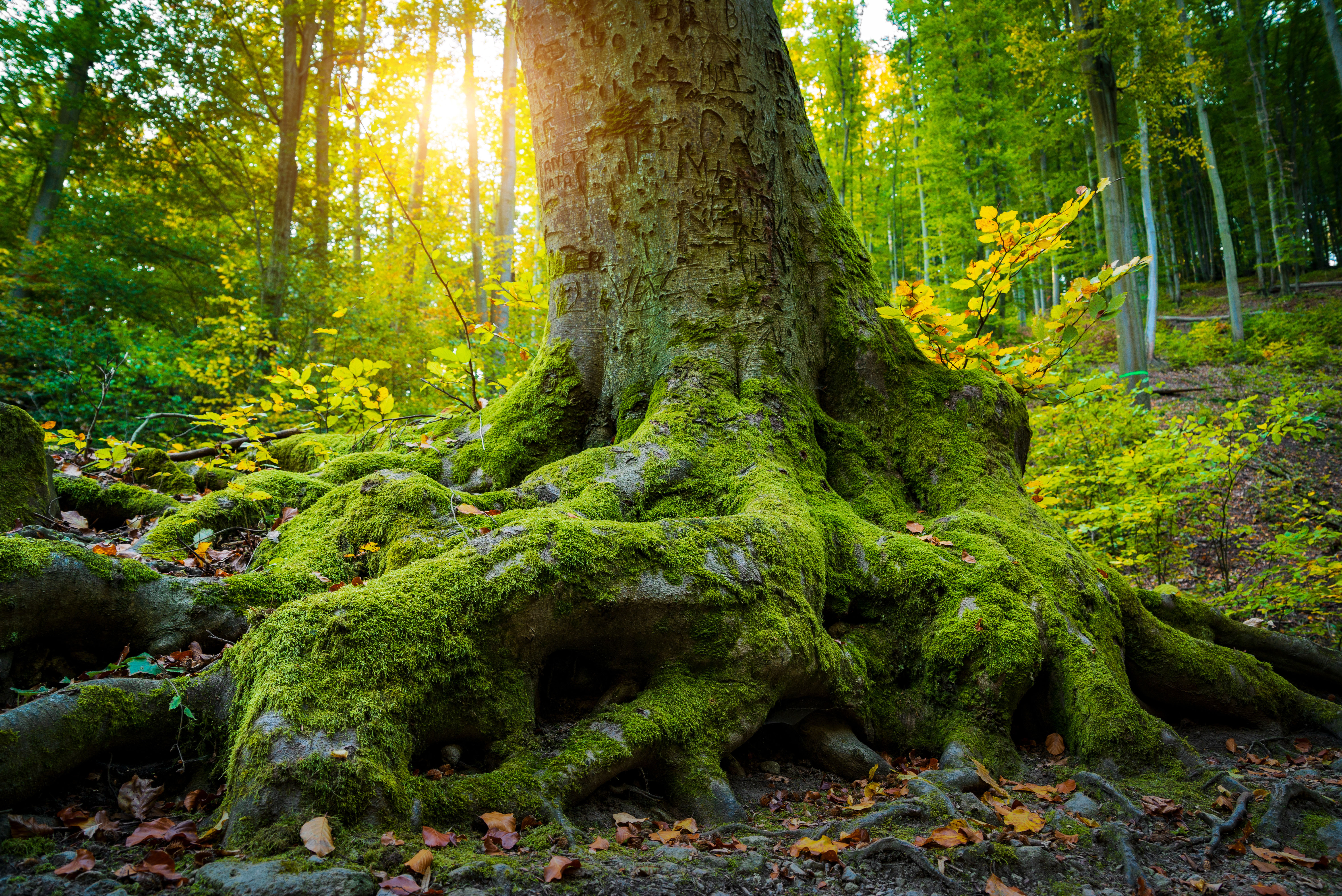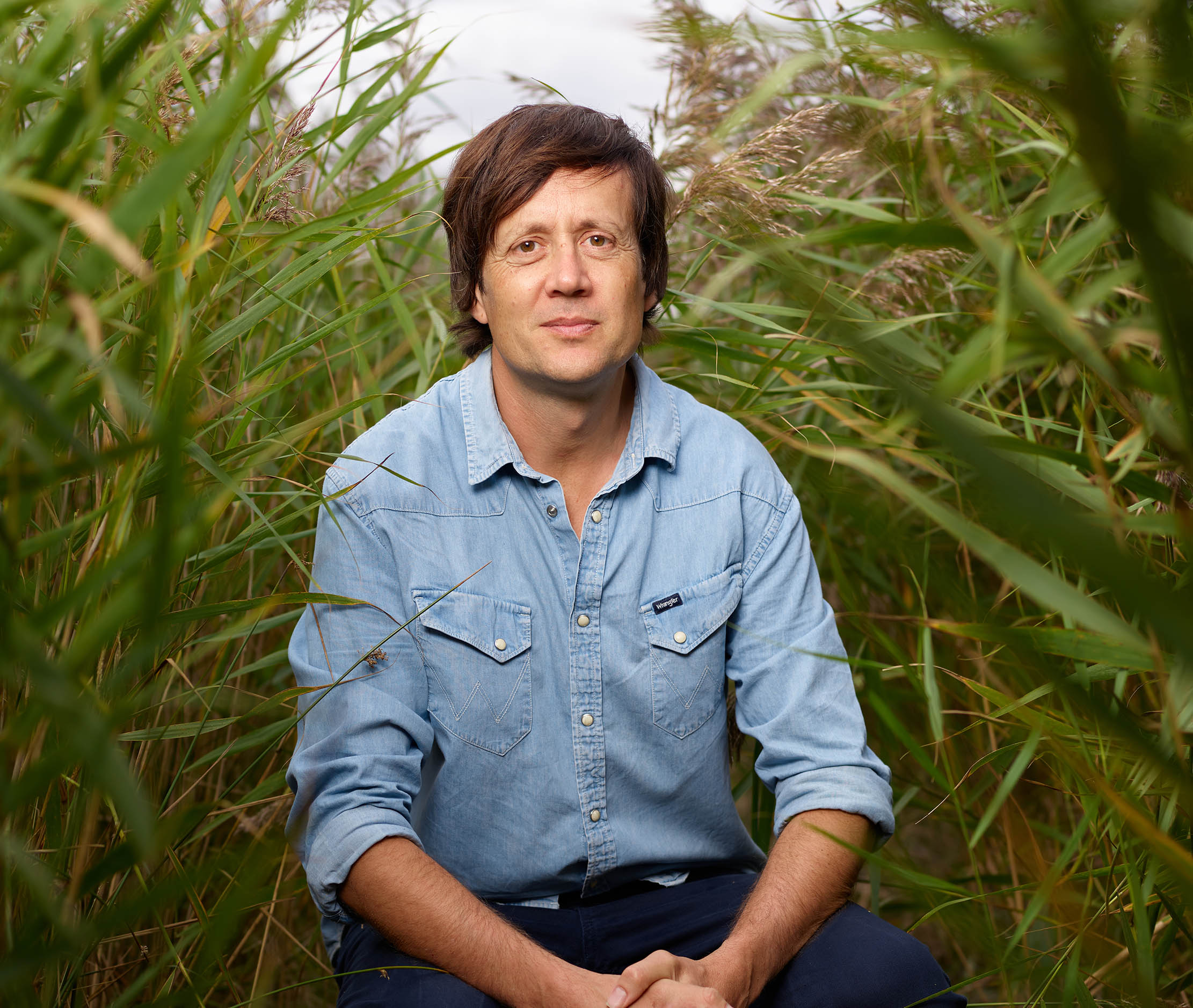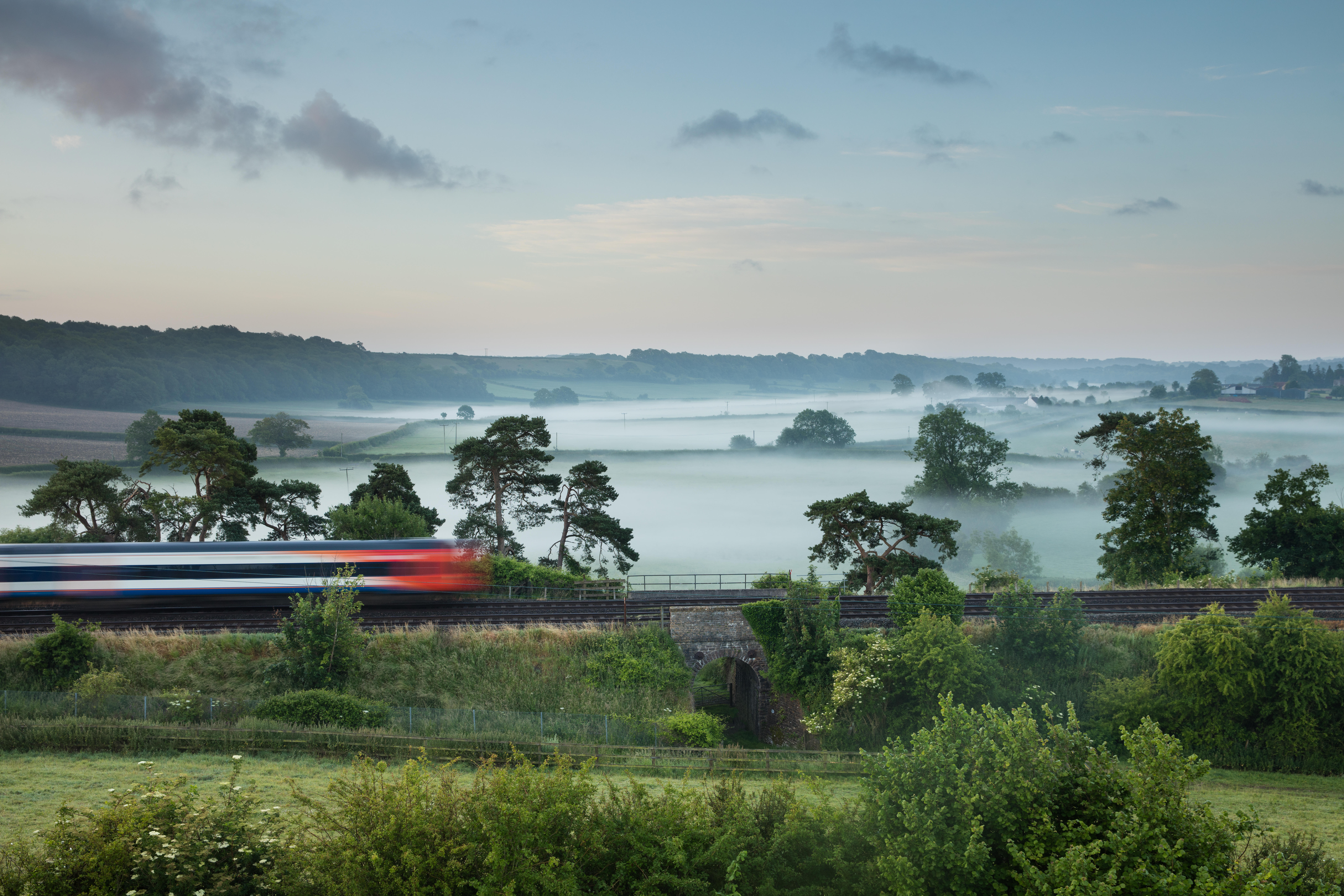Fast train to loss of trust: HS2 and Wildlife Trusts at loggerheads over impact on Nature
James Fisher reports on the claims and counter-claims flying between HS2 and conservationists.


A row has flared up between The Wildlife Trusts (WT) and HS2, after the charity claimed that the infrastructure project ‘undervalued Nature and overvalued its compensation measures’. WT claims that there are ‘fundamental flaws’ in the way HS2 Ltd has assessed the value of Nature along the path of the railway project.
In response to the claim, HS2 Ltd wrote on Twitter that the claims by WT are ‘incorrect and based on unreliable data from limited desk research’. The firm said that HS2’s data is ‘independently verified, accurate and reliable’ and accused the charity of ‘seeking PR opportunities’ by refusing to work with the firm.
The row is the latest in a long-running fight between those who say HS2 is necessary for the UK’s future transport infrastructure and those who claim that the environmental and financial cost of construction is too high.
‘HS2 Ltd must correct its mapping and errors in its figures and make all its new data publicly available,’ said Craig Bennett, CEO of WT. ‘This vast infrastructure project is taking a wrecking ball to wildlife and communities are in despair at losing the wild places—the woods, meadows and wetlands that they love—they will never get back. HS2 Ltd must repair Nature in a way that’s commensurate with the magnitude of the damage being caused.’
In its report, titled HS2 Double Jeopardy, WT says that across Phase 1 of construction, which covers 140 miles of track from London to the West Midlands, biodiversity loss will be 7.9 times higher than that calculated by HS2 Ltd. The charity’s calculations stem from data commissioned by the WT itself. HS2 Ltd promised that Nature would not ‘lose out’ when woodland and habitats were destroyed or moved during construction; environmental organisations such as WT have consistently disputed those claims.
The WT’s report, which was published last Wednesday, claims that HS2 Ltd’s ‘No Net Loss’ metric, which assesses its impact on Nature, is untested and out of date. It states it has found that watercourses, ponds and trees have been missed out of HS2’s data and adds that HS2 is giving existing natural features, such as hedgerows, a lower ‘Nature value’ than the new hedgerows HS2 Ltd is going to plant to replace them.
HS2 has rubbished the claims and says that it shares its data with independent experts for review, that Natural England has consulted on its methodology and that its data is ‘rigorously assessed by ecologists’. It also said that it is the ‘largest single environmental project in the UK’ and noted that it intends to plant more than seven million trees and create more than 12 square miles of ‘new and existing wildlife habitat between London and the Midlands alone’. The firm said it has already planted more than 845,000 trees and created more than 119 new ‘thriving’ habitats.
Sign up for the Country Life Newsletter
Exquisite houses, the beauty of Nature, and how to get the most from your life, straight to your inbox.
In a parting shot, HS2 Ltd wrote that ‘it’s time The Wildlife Trusts and others got behind zero carbon, public transport — getting more people off domestic flights, and cars and freight off the roads, helping the UK to achieve the goal of NetZero by 2050’.

Credit: Getty Images/EyeEm
Ancient woodland saved from HS2 — but only for the time being, and campaigners are worried
Work building HS2 in Britain's ancient woods has been deferred until the government completes a review.

Patrick Barkham: 'Part of the reason for the mental-health crisis is the disconnect with Nature... access to green space should be a right'
Nature writer Patrick Baarkham spoke to Jack Watkins about a lost civilisation, HS2 and the stress of having an opinion.

Credit: Alamy
What will HS2 do to house prices? Lessons from our recent history on what might happen, and when
Britain's new high-speed rail network linking the north and the south has been approved, in all its hugely-controversial, £100 billion-glory.

James Fisher is the Deputy Digital Editor of Country Life. He writes about property, travel, motoring and things that upset him. He lives in London.
-
 Designer's Room: A solid oak French kitchen that's been cleverly engineered to last
Designer's Room: A solid oak French kitchen that's been cleverly engineered to lastKitchen and joinery specialist Artichoke had several clever tricks to deal with the fact that natural wood expands and contracts.
By Amelia Thorpe
-
 Chocolate eggs, bunnies and the Resurrection: Country Life Quiz of the Day, April 18, 2025
Chocolate eggs, bunnies and the Resurrection: Country Life Quiz of the Day, April 18, 2025Friday's quiz is an Easter special.
By James Fisher